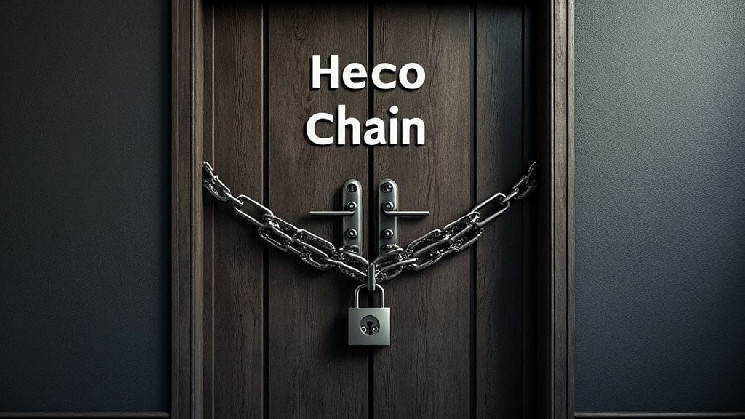The HECO Network, a Layer 1 blockchain developed by the cryptocurrency exchange Huobi (now rebranded as HTX), is slated for decommissioning on January 15, 2025. This shutdown necessitates action from users holding HRC20 tokens, the native assets of the HECO chain, to safeguard their investments. HECO, short for Huobi Eco Chain, was designed to provide a high-performance environment for decentralized finance (DeFi) applications and dApps, boasting lower transaction fees and faster processing speeds compared to some established blockchains. However, its journey has been marked by security vulnerabilities, culminating in the decision to retire the network.
The process for HRC20 token holders to retrieve their assets involves a multi-step procedure with key deadlines. By January 10, 2025, users must deposit their HRC20 assets, including tokens like HRC20ETH, HRC20TUSD, and HRC20LINK, into designated addresses provided on the official HecoDAO website. Crucially, users must also provide their TRON network addresses during this deposit process. This TRON address will serve as the destination for the eventual distribution of HTX tokens, the native cryptocurrency of the HTX ecosystem, after the HRC20 assets are converted.
The conversion process involves translating the deposited HRC20 assets into points based on their market value as of November 10, 2024, with each 1 USDT equivalent being equal to 1 point. This point system serves as an intermediary step before the final distribution of HTX tokens. Following the deposit and conversion into points, users can redeem these points for HTX. The maximum redemption rate is capped at 200,000 HTX per point. The distribution of HTX will commence on January 15, 2025, coinciding with the HECO network’s official retirement, and will be disbursed over a period of 12 months through monthly payments. This staggered approach allows for a more manageable distribution process.
The decision to retire the HECO Network comes in the wake of security concerns and a significant hacking incident in 2023. This exploit resulted in the theft of over $87 million worth of various cryptocurrencies, including ETH, USDT, and HBTC, from the HECO chain bridge. The attackers exploited a vulnerability, likely stemming from a compromised private key, to gain access to HTX’s hot wallets, which store funds readily available for transactions. This incident exposed a critical weakness in the HECO network’s security infrastructure, raising concerns about the platform’s long-term viability.
Following the hack, several blockchain security firms, including CertiK, PeckShield, and Cyvers, conducted thorough analyses of the attack vector. Their investigations confirmed the suspected compromise of a private key as the likely cause of the breach. The stolen funds were initially transferred to an Ethereum wallet and subsequently dispersed across multiple other wallets, making recovery efforts more complex. This incident underscored the inherent risks associated with cryptocurrency exchanges and the importance of robust security measures to protect user assets.
In response to the security breach and the resulting financial losses, Justin Sun, the influential figure behind Huobi and the broader HECO ecosystem, pledged that HTX would fully compensate affected users. This commitment aimed to restore user confidence and mitigate the damage caused by the exploit. However, the incident likely contributed to the decision to ultimately retire the HECO Network in favor of consolidating resources and focusing on the security and stability of the HTX ecosystem. The shutdown of the HECO Network serves as a reminder of the ongoing challenges in the cryptocurrency space, particularly regarding security vulnerabilities and the need for constant vigilance in protecting digital assets.













